Music incorporates a special, an organising manner of crossing over boundaries, building a global community, and encompassing the emotions of people. Some records, however, have become the milestones of culture, which shaped the ground of the musical background throughout the decades.
The albums that are listed here as the best-selling albums of all time offer the tangible evidence of their popularity and, much more importantly, they are works of genius that millions have enjoyed around the globe.
In this blog, we will be going to take a detailed look at some of the most popular albums in the world and know more about their massive success and how significant these albums are even in the present world.
List of Top 10 Best Selling Albums of All Time
1. Michael Jackson – Thriller
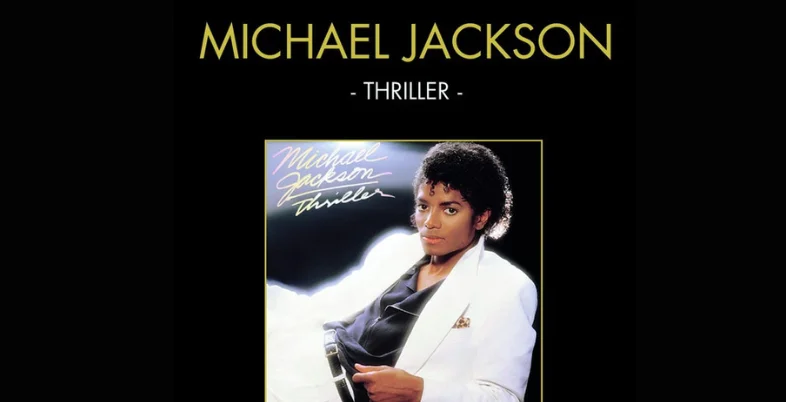
- Michael Jackson is a solo artist originating from America who sings, composes music and dances.
- He has developed to be so prevalent within the music industry and given the title of ‘King of Pop’.
- Apart from the songwriting ability, Jackson demonstrated himself as a dancer on the stage, introducing people to the modern movements such as the moonwalk, which made him a around the world known figure.
- Thriller is the 6th studio album by Jackson. It was released on November 29th, 1982 by Epic Records.
- The above album was an instant victory; it came to number one within one year and remained at this position for 35 weeks.
- Sitting on the highest sales list of all times of both the physical and the digital versions, Michael Jackson’s Thriller album has been certified to have sold more than 50 million but the claim of the figure given is over 70 million.
Suggested Read: Best DeaDBeeF Music Player Alternatives
2. AC/DC – Back in Black
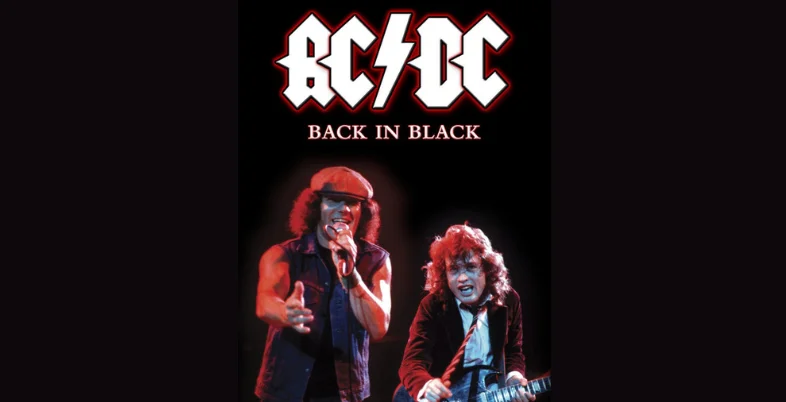
- Back in Black came out in 1980 at the height of the reign of Hard Rock, marking AC/DC’s 7th studio album and the first with their new vocalist Brian Johnson.
- The name and cover were both meant as signs of mourning at the time.
- The band supported the album with a yearlong world tour, leading to its ultimate 25x Platinum certification.
- Once the songs were written, rehearsals lasted one week and recording took seven weeks, and the rest was history.
- In 2007 the album was certified 22x Multi-Platinum in the USA alone.
- It’s one of the best arena rock albums ever and a “high watermark” for heavy metal music. It’s ten tracks of high-energy that’s still loved today.
3. Whitney Houston – The Bodyguard
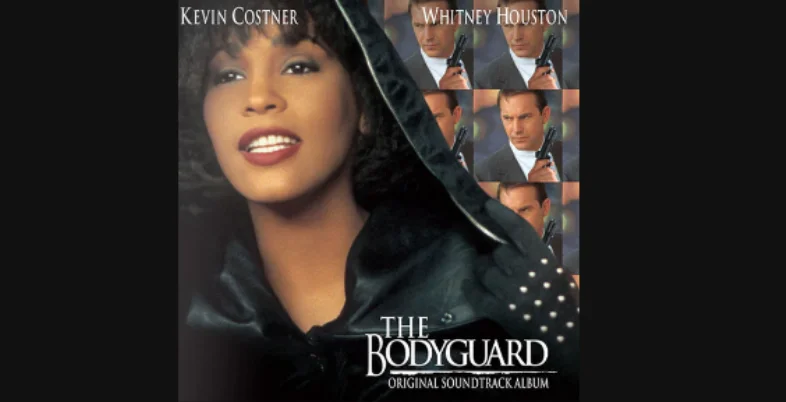
- Originally envisioned by writer Lawrence Kasdan in 1976 as a star vehicle for Diana Ross, The Bodyguard film production twice stalled in the same decade before eventually going ahead with Kevin Costner and Whitney Houston co-starring in 1992.
- This was Whitney’s debut acting role; she struck up a solid relationship with her co-star which would final a lifetime with her offering him singing lessons in exchange for acting tips.
- The foremost famous song from the soundtrack is the epic ballad ‘I Will Always Love You’, initially recorded by its songwriter Dolly Parton in 1973.
- It was the producer and lead actor Kevin Costner, who thought for Whitney to record the track.
- It was released as a single and still remains as one of the top rated singles of all times and the album has recorded an astounding total of over 42 million.
4. Eagles – Their Greatest Hits (1971-1975)
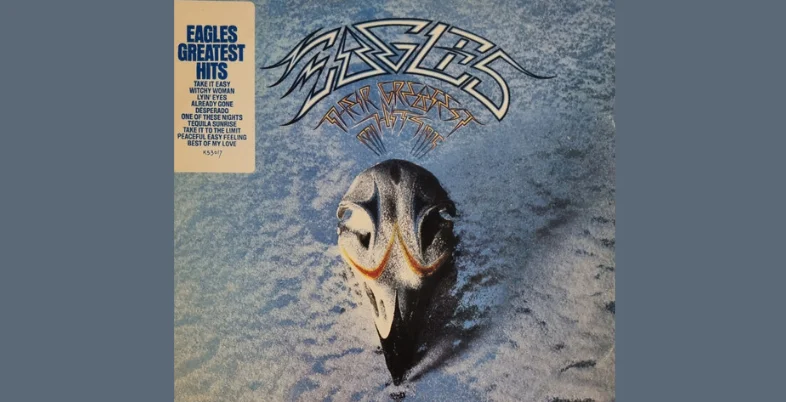
- This Eagles collection is one of the foremost sold albums for numerous years and was in competition with Michael Jackson’s Thriller of 1982 for the best selling album in the USA.
- It was surpassed by Jackson’s album after his death and has since regained its number one spot, but not in terms of worldwide sales. It has sold over 42 million copies worldwide.
- Released the same year as their best selling studio album Hotel California (1976), Eagles are the only act to appear in the worldwide top 10 twice.
- Eagles were unhappy with the record’s release feeling that it was a ploy on the record company’s part to claw in as much cash from the band’s output as possible, without paying out for recording costs.
- The difficult relationship between business and art is a frequent topic in the band’s lyrics.
5. Shania Twain – Come on Over

- Shania Twain is a huge Country crossover artist, merging into the Pop genre.
- She was so huge at the time that her 1997 album Come On Over is now way up this list.
- There was a time when you couldn’t not hear a Shania single on the radio. This was the all-time best-selling country album ever.
- The album contained 16 tracks and 12 of them were promoted as singles over the course of three years.
- You’d recognize songs like “You’re Still the One,” “That Don’t Impress Me Much,” and “Man! I Feel Like a Woman!”.
- It never had insanely large sales weeks. It simply sold consistently, week after week, for years.
6. Pink Floyd – The Dark Side of the Moon
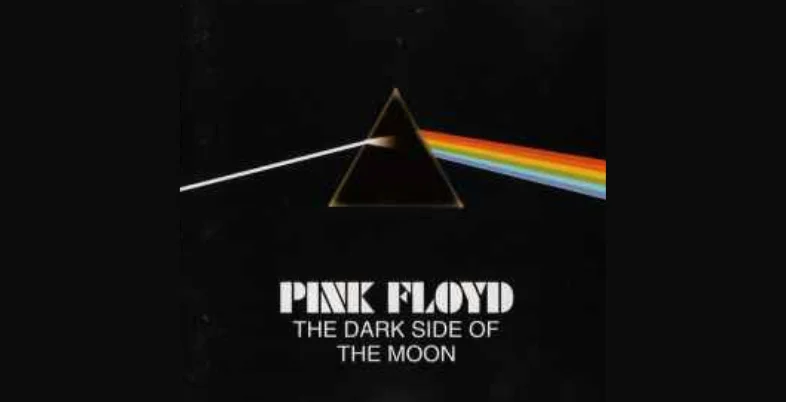
- Back in Black, recorded in the Bahamas and mixed in New York during 1980, incorporated rock super-producer Robert John ‘Mutt Lange’, a man who expected nothing less than absolute vocal brilliance, especially from Johnson.
- This is the band’s seventh studio album but their first with new Johnson following the untimely death of their original singer Bon Scott.
- The record’s black album cover was designed as a sign of mourning for Scott whose loss devastated the band.
- Rolling Stone journalist David Fricke described the album on release as ‘the first LP since Led Zeppelin II that captures all the blood, sweat and arrogance of the genre’.
- It was released at a turning point for heavy metal and many bands from the genre began playing slower music and indulging in lengthier guitar solos whilst others became influenced by the high energy of punk and sought a more accessible pop sound.
- The single ‘You Shook Me All Night Long’ is a staple at US strip clubs, ‘Back in Black’ was the first song Kurt Cobain learnt on the guitar and the album has since sold over 50 million copies worldwide.
7. Eagles – Hotel California
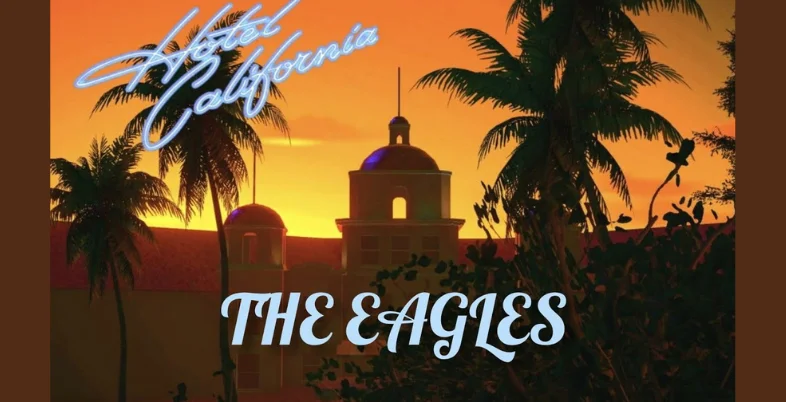
- Their Greatest Hits by the Eagles contains all of their Country Rock, Folk Rock, and Soft Rock singles between 1971 and 1975.
- It came out in 1976 and has continued to gain sales as it ultimately became a collection of oldies tracks.
- The label claimed to have found records of old sales, adding millions to their total sales.
- The Michael Jackson Estate resisted this claim, since the auditing window only goes back three years, but The Eagles got to break that rule. Drama in the music industry is fun!
- None of them had a chance to decide whether this release had to happen and they all regarded it as a way for the record company to make more profits with less expenses.
8. Led Zeppelin – Led Zeppelin IV
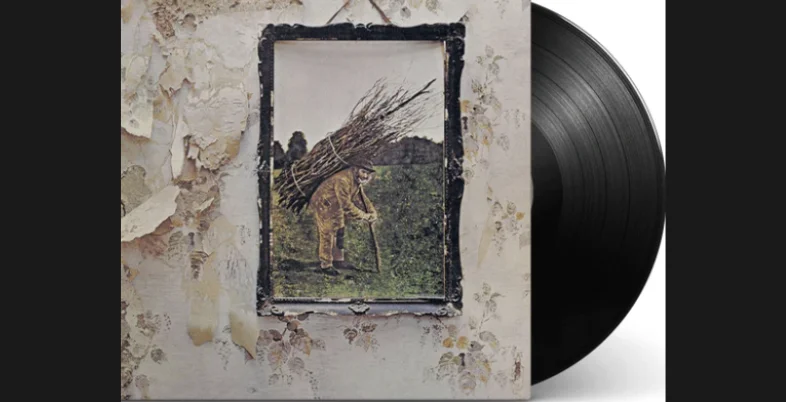
- Led Zeppelin is a hard rock band that originated from England as a band formed in the year 1968.
- They are recognized even to this day to have contributed a huge part in the formation of this unique style of music otherwise known as Hard Rock and Metal Scene.
- The fourth studio album released by the band was untitled, which resulted in the album being referred to as Led Zeppelin IV.
- Although small, this aspect likely generated interest and helped support the album’s success.
- Led Zeppelin IV was released on November 8th 1971 and distributed by Atlantic records.
- The track “Stairway to Heaven” included in the album is the most famous song of the band to date. It went on to achieve sales of 31 million copies.
9. Adele – 21
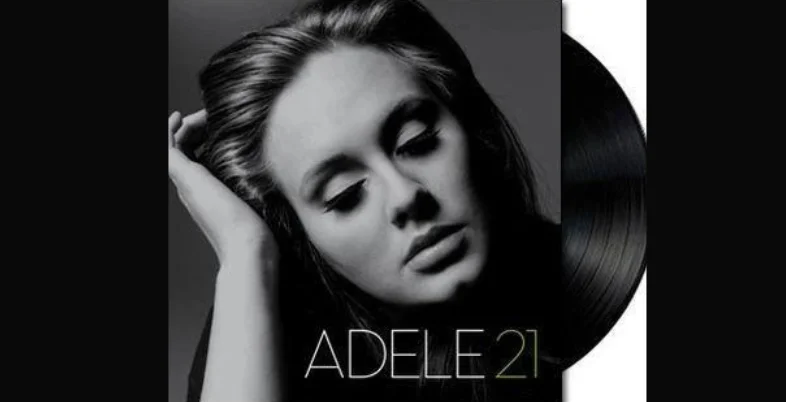
- In the USA Adele appeared out of the blue, yet 21 is her second record which was released in 2011 and belongs to the Pop and Soul genres.
- The record company did not have high hopes, yet it quickly rose to Number 1 in more than 30 countries; the album sold far more than any other album for two consecutive years, making it the number one selling album in the 21 st century.
- Each of its five singles accomplished outstanding success, with three of them becoming universal chart-toppers.
- It won Album of the Year from the Grammys, British Album of the Year from the Brit Award, and many more accolades.
- Even the critics liked it enough to not try to get attention by pretending to hate it.
10. Fleetwood Mac – Rumours
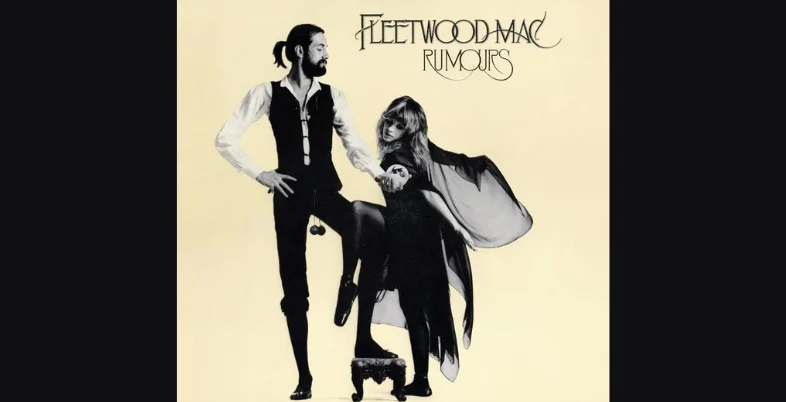
- In 1977, Fleetwood Mac released Rumours to the Soft Rock crowd, but obviously it had great mass appeal.
- It debuted on the Billboard 200 and UK Albums charts; each of its four singles entered the US top 10, as did the songs “Go Your Own Way” and “Dreams.”
- The record has been added to the Grammy Hall of Fame and the National Recording Registry.
- The album was so successful the media was making up stories about the members just to get more attention (some things never change).
- Before it even came out it had advance orders of 800,000 copies.
- They supported the sales with a seven-month long tour in the USA. It worked, big time.
Historical Trends in Album Sales
Historical trends in album sales reflect the changing scene of music consumption. In the 60s and the 70s, it was all about vinyl, mainly due to the impact of rock music and its concept albums.
Through the 1980s there emerged the CD format hence sales increased notwithstanding with albums such as Michael Jackson’s thriller. It persisted well into the 1990s, as downloads and piracy emerged as preferred processes in the latter half of the decade.
Within the 2000s, the industry began to change due to streaming services, causing a decrease in sales of physical and digital albums.
Within the 2010s, services such as Spotify and Apple Music established streaming as the most way people consume music. Vinyl saw a niche revival amid this time, appealing to collectors. Today, streaming dominates, but iconic albums continue to sell across multiple formats, highlighting their lasting cultural impact.
Decade Dominance
The dominance of albums by decade highlights key shifts in music trends and the impact of famous artists.
- 1960s: This period saw the rise of rock and roll, folk, and pop music, with albums just Like the Beatles’ ‘Sgt. Pepper’s Lonely Hearts Club Band’ and Bob Dylan’s ‘Highway 61 Revisited’. The album format gained importance as a complete artistic statement.
- 1970s: Progressive rock, disco, and soft rock took centre stage. Albums like Pink Floyd’s ‘The Dark Side of the Moon’ and Fleetwood Mac’s ‘Rumours’ became fantastic, as rock bands focused on thematic, long-play records.
- 1980s: Pop and rock albums dominated, driven by the MTV generation. Michael Jackson’s ‘Thriller’ and Prince’s ‘Purple Rain’ defined the decade, boosted by music videos and the widespread adoption of CDs.
- 1990s: Grunge, alternative rock, and hip-hop picked up mainstream traction, with Nirvana’s ‘Nevermind’ and Whitney Houston’s ‘The Bodyguard’ becoming social phenomena. The decade has also seen the rise of compelling female artists like Mariah Carey and Shania Twain.
- 2000s: The advanced period took hold, as artists like Eminem and Britney Spears ruled, while ‘The Marshall Mathers LP’ and ‘Oops!… I Did It Again’ set sales records. As downloads and piracy grew, album sales began to decline.
- 2010s: Streaming became the dominant force. While album sales diminished, artists like Adele (21) and Taylor Swift (1989) still accomplished enormous success. Genres like hip-hop and pop proceeded to thrive, with albums increasingly focused on single tracks that performed well on streaming stages.
Each decade’s dominance reflects shifting cultural moments, technological progresses, and the artists that defined their time.
Genre Analysis
Album genres have advanced over time, reflecting different social, social, and technological shifts. Here’s an analysis of distinctive genres that have dominated best-selling albums:
- Pop: The foremost commercially successful genre, pop appeals to wide audiences with catchy tunes and relatable lyrics. Artists like Michael Jackson (Thriller) and Adele (21) speak to its worldwide reach, blending elements from rock, dance, and R&B to make chart-topping hits.
- Rock: Established within the 1950s, rock has delivered a few of the best-selling albums, including ‘The Dark Side of the Moon’ by Pink Floyd and ‘Back in Black’ by AC/DC. Subgenres like hard rock, progressive rock, and alternative rock have helped shape modern music.
- R&B and Soul: Albums like Whitney Houston’s ‘The Bodyguard’ Soundtrack exhibit R&B’s smooth vocals and emotive storytelling, frequently infused with components of gospel, funk, and blues. Soul legends like Marvin Gaye also contributed to this genre’s impact on music history.
- Hip-Hop/Rap: Rising within the late 1970s, hip-hop became an overwhelming genre within the 1990s and 2000s, with albums like Eminem’s ‘The Marshall Mathers LP’ and Tupac’s ‘All Eyez on Me’. With its rhythmic vocals and street-centred themes, it has become a global cultural force.
- Country: Country’s best-selling albums, like Shania Twain’s ‘Come On Over’, often blend pop with traditional country elements. The genre emphasises storytelling, acoustic instruments, and relatable life themes, which resonate with a large audience.
- Soundtracks: Soundtracks like ‘The Bodyguard’ and ‘Grease’ have sold millions, combining various genres to appeal to moviegoers and music fans alike. These albums often feature pop, rock, and classical music.
- Classical and Opera: Though not as commercially dominant, classical albums such as ‘The Three Tenors in Concert’ have achieved significant sales, especially among older and more niche audiences. This genre’s timeless request lies in its emotional depth and symphonic richness.
- Disco: Within the 1970s, disco collections like ‘Saturday Night Fever’ by the Bee Gees taken off in popularity with their danceable beats and enthusiastic rhythms, making disco a defining genre of that time.
Digital vs. Physical Sales
The transition from offering physical to digital music has significantly affected the music industry in recent decades.
Physical Sales:
Vinyl, cassette tapes, and CDs ruled album sales from the 60s to the early 2000s in terms of physical formats. CDs, especially, accomplished gigantic popularity within the 1990s and early 2000s, with albums such as ‘Thriller’ by Michael Jackson and the ‘The Bodyguard’ soundtrack offering millions of copies worldwide. Collectors and audiophiles proceed to fuel a restoration of vinyl, turning it into a niche market in the present day.
Digital Sales:
Within the 2000s, digital downloads through platforms like iTunes started to replace physical sales. In any case, the real revolution came with the rise of streaming services such as Spotify, Apple Music, and YouTube. While digital album sales have declined, streaming has made music more open than ever, contributing to artists’ chart success through plays instead of purchases. Streaming presently dominates, accounting for the majority of revenue in the music industry.
In short, while physical sales peaked during the CD era, advanced streaming has become the dominant form of music consumption nowadays, offering convenience and accessibility to worldwide audiences.
Global Influence and Popularity
International Market
- Global Reach: With the rise of digital platforms, albums can presently reach worldwide audiences more easily, with artists gaining fans across landmasses.
- Market Expansion: Pop, rock, and hip-hop have become worldwide genres, with albums charting in countries outside their artists’ home markets, driving worldwide sales and streams.
- Touring and Merchandising: Effective albums frequently lead to global tours, merchandise sales, and worldwide recognition, contributing to an artist’s worldwide impact.
Culture and Music Consumption
- Cultural Impact: Albums have formed social movements, fashion trends, and indeed political discussions, reflecting the time period and culture in which they are discharged.
- Genre Blending: Globalisation has driven to cross-cultural exchanges in music, where albums now incorporate different influences from world music, blending genres to cater to broader audiences.
- Local Adaptation: Some albums get localised versions or adjustments, such as translations or region-specific collaborations, improving their appeal in remote markets.
Listener Engagement
- Emotional Connection: Albums often create a deeper emotional connection with listeners through storytelling, allowing audiences to engage with the music on a personal level.
- Fan Communities: Iconic albums generate dedicated fan communities globally, fostering long-term listener loyalty and engagement, often through social media, forums, and fan clubs.
- Memorability: Concept albums and cohesive themes encourage listeners to engage with an entire body of work, rather than just singles, enhancing long-term popularity.
Digital Influence
- Streaming and Sharing: Platforms like Spotify, Apple Music, and YouTube have expanded the reach of albums globally, allowing instant access to new releases and making them popular through viral sharing.
- Data-Driven Promotion: Algorithms on streaming platforms promote albums to international audiences, suggesting new music based on listener preferences and trends.
- Cross-Border Collaboration: Digital music platforms enable collaborations between artists from different countries, further boosting the global popularity of albums.
Music Consumption Trends
- Streaming Dominance: The shift from physical to digital has changed how albums are devoured, with streaming becoming the essential way listeners access music globally.
- Playlists over Albums: Whereas albums still hold value, numerous listeners presently engage with playlists and individual melodies, affecting how albums are organised and promoted to global audiences.
- Influence of Social Media: Albums gain traction worldwide through social media platforms, where influencers, artists, and fans promote their favourite records, driving up popularity.
Influence on Global Music Markets
- Emerging Markets: Countries in Asia, Latin America, and Africa are increasingly consuming Western albums, driving sales and streams in previously untapped markets.
- Language Barriers: The success of non-English albums demonstrates that music can transcend language, with artists from different linguistic backgrounds finding global audiences.
- Cultural Export: Western albums have traditionally dominated the global music scene, but in recent years, artists from other regions, such as K-pop and Latin music, are influencing the global market.
Conclusion
The records of the selling albums of all time are not only giant anthologies of the sales records but they are great monuments that depict the trends of music culture. Starting with Michael Jackson’s ‘Thriller’ and ending with Pink Floyd’s ‘The Dark Side of the Moon,’ these records have gone out of the boundaries of time and music generations and created a huge impact in the world. Unlike many similar companies, their impact is not limited to numbers – they changed art and popular culture for generations. All the records are art and invention, as well as passion, which has put them in a position to be timeless, to make a part of the great achievements in the history of music.
FAQs
Which album has sold the most copies to date?
Michael Jackson’s Thriller is still recognized as the best selling album in history with approximately 70 million units sold.
What artist ranks top in the number of albums that have been sold in the top 20 list?
The Eagles and The Beatles both have several albums on the list of 20 best-selling albums such as, Their Greatest Hits (1971–1975) and The Beatles aka the ‘White Album’.
Which genre is represented most in the list of the top selling albums?
The best-selling albums include pop and rock genres followed by Michael Jackson, Pink Floyd and The Beatles.

